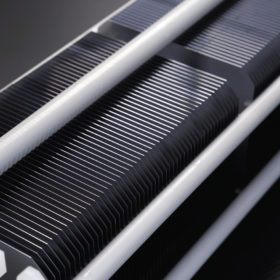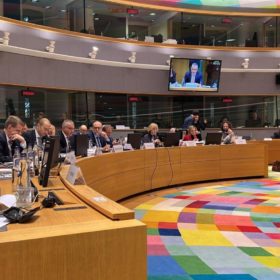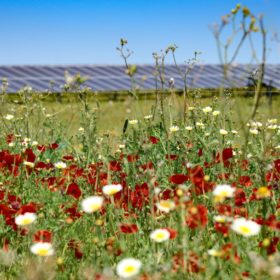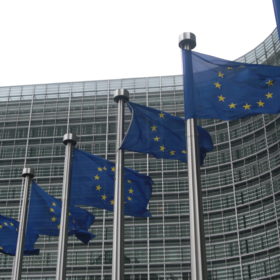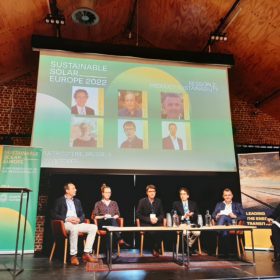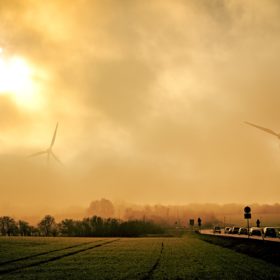European solar manufacturers need state aid exemptions – now
If Europe is to come up with its own Inflation Reduction Act moment, and incentivize a return of EU solar manufacturing leadership, it must lift state-aid related restrictions on the PV manufacturers who have announced a willingness to build 30 GW of production lines.
European Commission agrees on €180/MWh cap for Russian gas
The European Commission has voted in favor of capping the price of gas imported from Russia. The measure was supported by Germany, with the Netherlands and Austria abstaining, and Hungary voting against it. The cap will be triggered if a price of €180 ($190.97)/MWh is surpassed for three days in a row.
European Commission reduces approval time for renewables to 9 months
Members of the European Parliament (MEPs) have amended a European Commission proposal on approval times for new renewables projects. Approvals will be shortened from 12 months to nine for projects in so-called “renewable acceleration areas.”
EU aims for 30 GW of solar module production by 2025
The European Commission has launched the EU Solar PV Industry Alliance. SolarPower Europe has already joined the new entity, while EIT InnoEnergy said it will act as its secretariat.
EU raises concerns about production requirements in US Inflation Reduction Act
The European Union and the United States are seeking a solution for key aspects of “discriminatory” production requirements in the US Inflation Reduction Act (IRA). The EU said it might bring the case to the World Trade Organization if a compromise cannot be reached.
Europe’s latest U-turn could threaten renewables investment
An unexpected “non-paper” in which the European Commission signaled a U-turn away from a price cap on gas has caused a stir in what was already an agitated European energy industry.
Eco-design for PV modules, inverters
The Sustainable Solar Europe conference kicked off this week with a focus on the European Commission’s draft regulation on eco-design. The regulation will likely be adopted in the second quarter of 2023.
Algae could boost solar panel efficiency by 4%
A Swedish team has inaugurated a pilot facility to mass produce algae material that can potentially boost silicon solar module efficiency by 4% and thin film by 36%. The algae are added to the encapsulant in silicon-based modules or to the anti-reflective coating on the glass of thin film modules. The team estimates the resulting modules would be 3.9% cheaper.
Solar, wind compensate for decline of hydro, nuclear in EU electricity output
E3G and Ember said in a new study that solar and wind have helped to mitigate the impacts of drought across the European Union, amid a 21% decline in hydropower generation and a 19% reduction of available nuclear capacity. Wind and solar generated a record 24% of the bloc’s electricity from March to September.
Ripple effects of EU revenue cap on renewable energy
The European Union’s much-needed emergency measures to tackle the ongoing energy crisis may have unintended consequences for the region’s renewable energy ambitions, warn analysts, but the impact on power purchase agreements will likely vary, depending on the contracts.
